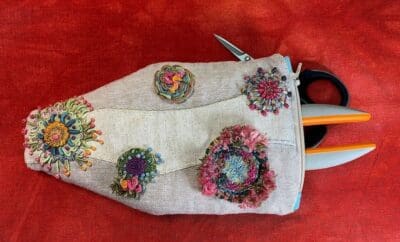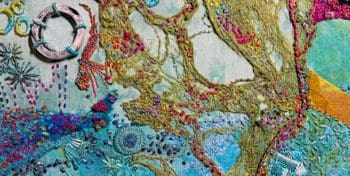Our Nation Under Attack
When I was nine years old my father had a horseback riding accident, broke his back and almost died. He never fully recovered. Flashes of disparate memories are all I have left from that time. The beautiful gold cat pin my grandmother gave me with an emerald belly, ruby eyes and when I lost it years later, I felt a deep inexplicable sorrow that lasted for decades. It wasn’t until many, many years later that I realized I associated that pin with my father’s accident.
The visits to the hospital and the sickly, antiseptic smell, the sound of the rubber soled shoes the nurses wore as they approached his room, the sound of his labored breathing, the bright California sunlight in the parking lot of the Stanford Hospital, and the sense that nothing would ever be the same, these are the things I remember now when I think back to that time.
Nothing would ever be the same.
And it wasn’t.
In that moment when I learned of his accident, when I understood how serious it was, when I heard the words, “He might not make it” and “if he does, he’ll be paralyzed for the rest of his life” and all the other pronouncements made, then reevaluated and revised, and the realization that these doctors, whom I had believed knew everything, perhaps knew very little when it came to predicting my father’s future.
Much, much later, as an adult, I would again be reminded of how little people, even highly regarded people, actually know. These very people we are taught to admire, respect and believe are not always as they would like us to believe. After all they, like all of us, are human, fallible, imperfect and often far more complex than the stories we like to read and hear about. But most people want desperately to believe that things are simpler than they often are.
Yesterday, here in the United States people expressed shock and horror as we watched scenes of our capitol under attack. It was a gruesome reminder of how things that have been percolating for a long time can suddenly shift, how anger and resentment can propel people to behave in awful ways, how acts of violence are justified, how one side blames the other and then the other side retaliates and on and on it goes.
It’s easy to say we need to be kind to one another, but so much harder to put into practice.
A friend of mine, James Cone, someone I admired tremendously and who spent every Thanksgiving with us for many years until he died, once described to me what it was like growing up during the Jim Crow era in the deep south. He told me how he would watch his father leave the house each morning and each morning he would wonder whether this was going to be the last time he saw him. At the time I said, I can’t know what that must have been like, but I can try to imagine. I loved that man. He was a beautiful soul. I asked him once, while we discussed the rampant racism that continues to rip through this country, “How do we change this?” James said, “Love. The answer is always love. It has to be.”
What would James have said had he been here to watch our capitol come under attack? What would he have said as he watched all those people wandering around the Capitol building, knowing that had their skin color not been white, a very different scene would have played out? I can’t know for sure, but I will repeat what he once told me, not so many years ago.
“Love. The answer is always love. It has to be.”





Recent comments